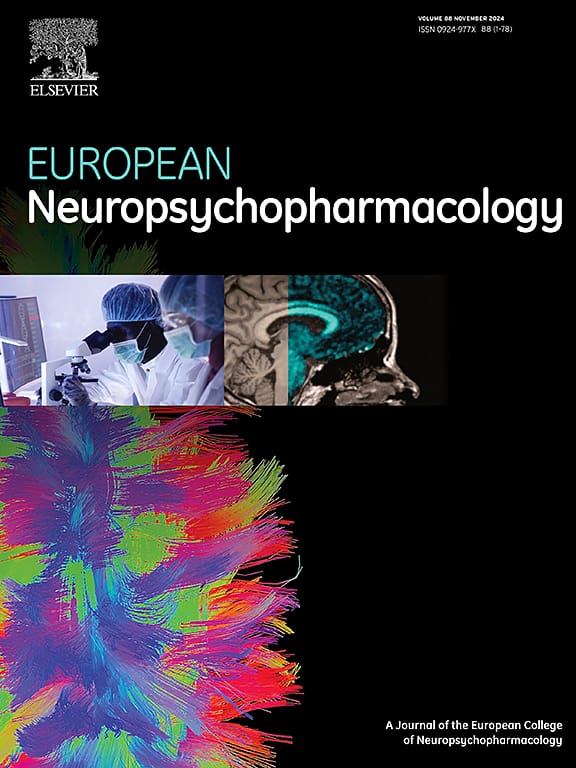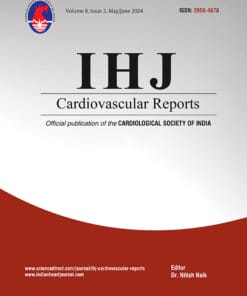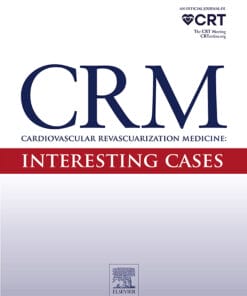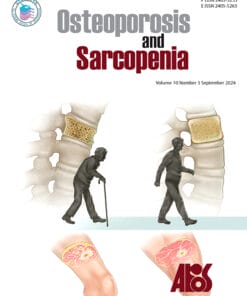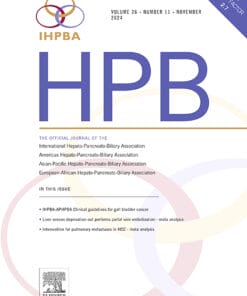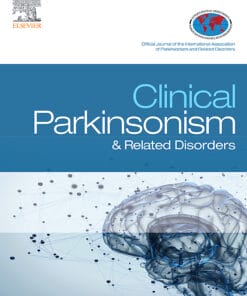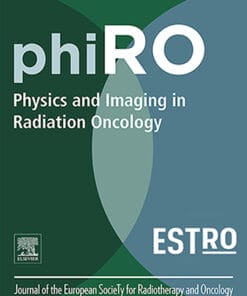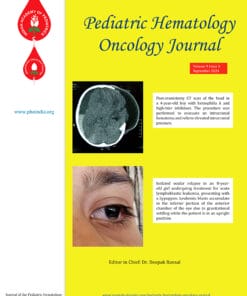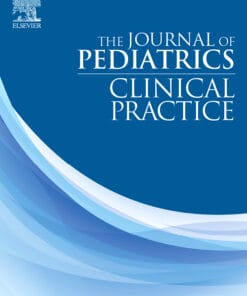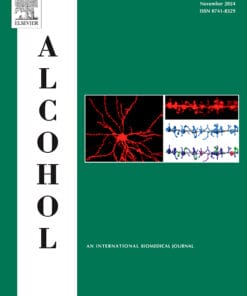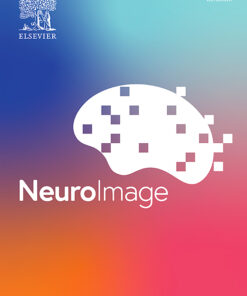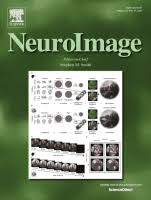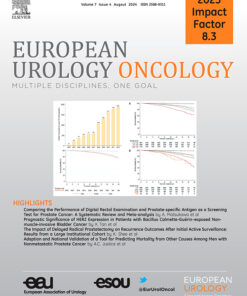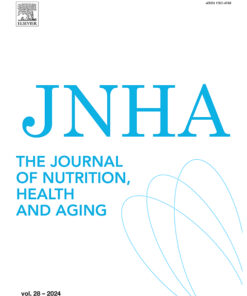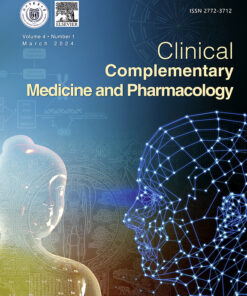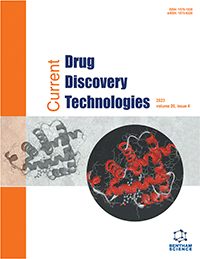European Neuropsychopharmacology is the official publication of the European College of Neuropsychopharmacology (ECNP). As the official journal, it aligns closely with the mission and goals of ECNP, which focus on advancing our understanding of brain function and human behavior. Here are some key features and areas of focus for European Neuropsychopharmacology:
1. Official Journal of ECNP: The journal proudly serves as the official publication of the European College of Neuropsychopharmacology. It plays a pivotal role in disseminating research and advancements related to neuropsychopharmacology within the context of ECNP’s mission.
2. Advancing Understanding of Brain Function and Behavior: European Neuropsychopharmacology places a strong emphasis on contributions from both clinical and basic science that enhance our comprehension of brain function and human behavior. It aims to facilitate a deeper understanding of the biological underpinnings of mental disorders.
3. Translation into Improved Treatments: While there have been significant advances in neuroscience and genomics in recent years, the translation of these findings into clinical treatments has been somewhat limited. The journal seeks to bridge this gap by promoting research that has the potential to significantly impact our understanding of mental disorders and the development of improved treatments.
4. Prevention and Recovery: European Neuropsychopharmacology aspires to pave the way for prevention and recovery in the realm of mental health. It is not solely focused on treatment but also aims to explore avenues for prevention and support individuals on the path to recovery.
5. Clinical and Basic Science Contributions: The journal welcomes contributions from both clinical and basic science domains. This multidisciplinary approach allows for a comprehensive exploration of neuropsychopharmacology, from fundamental research to clinical applications.
European Neuropsychopharmacology serves as an essential platform for researchers, clinicians, and professionals interested in neuropsychopharmacology. It facilitates the dissemination of critical research findings, promotes collaboration, and ultimately aims to improve mental health outcomes and public health impact in the field of psychiatry.
Volume 54: Pages 1-136 (January 2022)
Volume 55: Pages 1-158 (February 2022)
Volume 56: Pages 1-112 (March 2022)
Volume 57: Pages 1-120 (April 2022)
Volume 58: Pages 1-108 (May 2022)
Volume 59: Pages 1-92 (June 2022)
Volume 60: Pages 1-118 (July 2022)
Volume 61: Pages 1-94 (August 2022)
Volume 62: Pages 1-74 (September 2022)
Volume 63: Pages 1-72 (October 2022)
Volume 64: Pages 1-72 (November 2022)
Volume 65: Pages 1-78 (December 2022)
Volume 66: Pages 1-92 (January 2023)
Volume 67: Pages 1-94 (February 2023)
Volume 68: Pages 1-108 (March 2023)
Volume 69: Pages 1-96 (April 2023)
Volume 70: Pages 1-80 (May 2023)
Volume 71: Pages 1-108 (June 2023)
Volume 72: Pages 1-94 (July 2023)
Volume 73: Pages 1-118 (August 2023)
Volume 74: Pages 1-94 (September 2023)
Volume 75: Pages 1-104 (October 2023)
Volume 76: Pages 1-108 (November 2023)
Volume 77: Pages 1-102 (December 2023)
Volume 78: Pages 1-94 (January 2024)
Volume 79: Pages 1-78 (February 2024)
Volume 80: Pages 1-70 (March 2024)
Volume 81: Pages 1-66 (April 2024)
Volume 82: Pages 1-92 (May 2024)
Volume 83: Pages 1-70 (June 2024)
Volume 84: Pages 1-68 (July 2024)
Volume 85: Pages 1-78 (August 2024)
Volume 86: Pages 1-66 (September 2024)
Volume 87: Pages 1-66 (October 2024)
| Volume | Volume 54: Pages 1-136 (January 2022), Volume 55: Pages 1-158 (February 2022), Volume 56: Pages 1-112 (March 2022), Volume 57: Pages 1-120 (April 2022), Volume 58: Pages 1-108 (May 2022), Volume 59: Pages 1-92 (June 2022), Volume 60: Pages 1-118 (July 2022), Volume 61: Pages 1-94 (August 2022), Volume 62: Pages 1-74 (September 2022), Volume 63: Pages 1-72 (October 2022), Volume 64: Pages 1-72 (November 2022), Volume 65: Pages 1-78 (December 2022), Volume 66: Pages 1-92 (January 2023), Volume 67: Pages 1-94 (February 2023), Volume 68: Pages 1-108 (March 2023), Volume 69: Pages 1-96 (April 2023), Volume 70: Pages 1-80 (May 2023), Volume 71: Pages 1-108 (June 2023), Volume 72: Pages 1-94 (July 2023), Volume 73: Pages 1-118 (August 2023), Volume 74: Pages 1-94 (September 2023), Volume 75: Pages 1-104 (October 2023), Volume 76: Pages 1-108 (November 2023), Volume 77: Pages 1-102 (December 2023), Volume 78: Pages 1-94 (January 2024), Volume 79: Pages 1-78 (February 2024), Volume 80: Pages 1-70 (March 2024), Volume 81: Pages 1-66 (April 2024), Volume 82: Pages 1-92 (May 2024), Volume 83: Pages 1-70 (June 2024), Volume 84: Pages 1-68 (July 2024), Volume 85: Pages 1-78 (August 2024), Volume 86: Pages 1-66 (September 2024), Volume 87: Pages 1-66 (October 2024) |
|---|
Related Products
Journals/Articles
Journals/Articles
Cardiovascular Revascularization Medicine: Interesting Cases PDF
Journals/Articles
Journals/Articles
Journals/Articles
Journals/Articles
Journals/Articles
Journals/Articles
Journals/Articles
Journals/Articles
Journals/Articles
Journals/Articles
Journals/Articles
Journals/Articles
Journals/Articles
Journals/Articles
Journals/Articles
Journals/Articles
Journals/Articles
Journals/Articles
Journals/Articles
Journals/Articles
Journals/Articles
Technical Innovations & Patient Support in Radiation Oncology PDF
Journals/Articles
Journals/Articles
Journals/Articles
Journals/Articles
Journals/Articles
Journals/Articles
Journals/Articles
Journals/Articles
Journals/Articles
Journals/Articles
The American Journal of Geriatric Psychiatry: Open Science, Education, and Practice PDF
Journals/Articles
Journals/Articles
Journals/Articles
Journals/Articles
Journals/Articles
Journals/Articles
Journals/Articles
Journals/Articles
Journals/Articles
Journals/Articles
Journals/Articles
First Nations Health and Wellbeing – The Lowitja Journal PDF
Journals/Articles
Journals/Articles
Journals/Articles
Journals/Articles
Journals/Articles
Journals/Articles
Journals/Articles
Journals/Articles
Journals/Articles
Journals/Articles
Journals/Articles
Seminars in Thoracic and Cardiovascular Surgery: Pediatric Cardiac Surgery Annual PDF
Journals/Articles
Journals/Articles
Journals/Articles
Journals/Articles
Journals/Articles
The Journal of Allergy and Clinical Immunology: In Practice PDF
Journals/Articles
Journals/Articles
Journals/Articles
Journals/Articles
Journals/Articles
Journals/Articles
Journals/Articles
Dimensions of Critical Care Nursing: Volume 43 (1 – 3) 2024 PDF
Journals/Articles
Dimensions of Critical Care Nursing: Volume 42 (1 – 6) 2023 PDF
Journals/Articles
Dimensions of Critical Care Nursing: Volume 41 (1 – 6) 2022 PDF
Journals/Articles
Journals/Articles
Journals/Articles
Journals/Articles
Journals/Articles
Journals/Articles
Journals/Articles
Journals/Articles
Journals/Articles
Journals/Articles
Current Sports Medicine Reports: Volume 22 (1 – 12) 2023 PDF
Journals/Articles
Journals/Articles
Current Sports Medicine Reports: Volume 21 (1 – 12) 2022 PDF
Journals/Articles
Journals/Articles
Journals/Articles
Journals/Articles
Journals/Articles
Journals/Articles
Journals/Articles
Journals/Articles
Journals/Articles
Journals/Articles
Current Opinion in Pulmonary Medicine: Volume 30 (1 – 3) 2024 PDF
Journals/Articles
Current Opinion in Pulmonary Medicine: Volume 29 (1 – 6) 2023 PDF
Journals/Articles
Current Opinion in Pulmonary Medicine: Volume 28 (1 – 6) 2022 PDF
Journals/Articles
Journals/Articles



